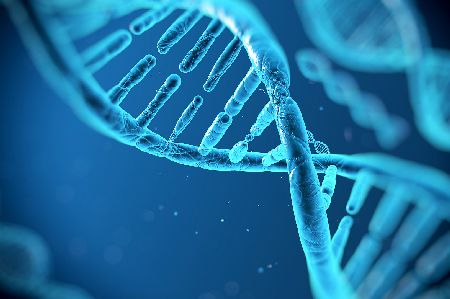
The new funding will improve the storage and curation of enormous datasets
Business Secretary Vince Cable has announced £40 million investment in UK synthetic biology to establish three new research centres and develop new partnerships in DNA technologies.
The University of Liverpool will partner with Edinburgh in creating DNA circuits, such as biosensors, to assess their impact on cell health. They will also join Oxford, Bristol, Southampton, and Birmingham universities in producing large pieces of DNA and gene clusters using new chemical methods.
The three new centres, based at the Universities of Edinburgh, Manchester and Warwick, will receive £32 million over five years to boost national research capacity and to ensure that there is the expertise to nurture the growing synthetic biology industry in the UK.
An additional £8 million has been awarded to research partnerships across the UK to help create the DNA starting blocks required for synthetic biology applications.
Significant investment
Professor Anthony Hall, from the University of Liverpool’s Centre for Genomic Research at the Institute of Integrative Biology, said: “This significant investment from the BBSRC is in addition to the £2M Liverpool GeneMill funded last year by the BBSRC, which will allow Liverpool’s Institute of Integrative Biology and the Centre for Genomic Research to expand its capacity and expertise in Synthetic Biology.
“As one of the Government’s ‘Eight Great Technologies’, synthetic biology is a key area and we will be working with both Edinburgh and Bristol Centre for Synthetic Biology to increase capacity in DNA synthesis and high-throughput phenotyping.”
Synthetic biology is a new way of doing science that applies engineering principles to biology to make and build new biological parts, devices and systems. It is being used to make biological ‘factories’ that make useful products like medicines, chemicals and green energy, as well as tools for improving crops. Examples include biofuels and anti-malaria drugs made by microbes like yeast or bacteria.
Advanced manufacturing
Business Secretary, Vince Cable, said: “From materials for advanced manufacturing to developing new antibiotics and better tests for diseases, this new £40 million investment is in one of the most promising areas of modern science.
“It will see our world class researchers using bacteria to produce chemicals to make everyday products like toothbrushes and credit cards, which are currently made from unsustainable fossil fuels. Not only will this help improve people’s everyday lives in the future but it will support long-term economic growth.”
The investment comes from the Biotechnology and Biological Sciences Research Council (BBSRC), the Engineering and Physical Sciences Research Council (EPSRC), the Medical Research Council (MRC) and capital investment from UK Government.